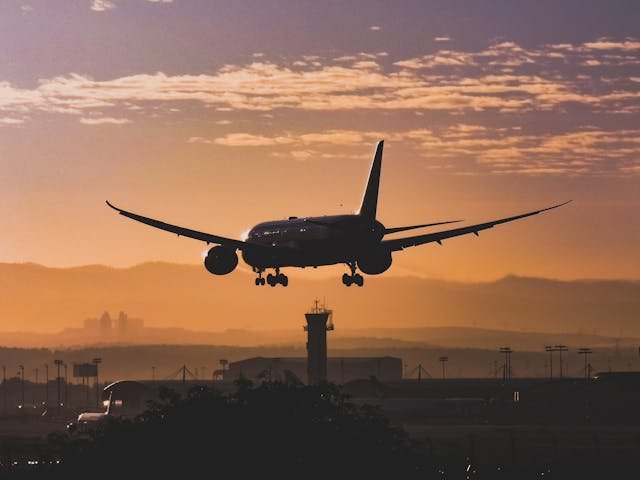Last Updated on July 17, 2024 by Nasir Hanif
When planning your next holiday, amidst the excitement of choosing destinations and booking accommodations, there’s one detail that’s easy to overlook but crucial to consider: the make and model of the plane you’ll be flying on. This may seem like a minor detail in the grand scheme of your travel plans, but it has significant implications for safety, comfort, and environmental impact. As Boeing faces increased scrutiny due to safety incidents, being well-informed about the plane you will be flying on can significantly enhance your travel experience. Here are five reasons why you might want to reconsider booking your next trip on a Boeing aircraft.
Table of Contents
1. Safety Concerns Following Recent Incidents
Recent years have witnessed several high-profile incidents involving Boeing aircraft, notably the two 737 MAX crashes. These tragedies, resulting from serious malfunctions, have raised significant safety concerns. Investigations revealed that these issues were known within the company but not adequately addressed, undermining public trust in Boeing’s commitment to safety.
2. Questionable Certification Processes
Investigations into the 737 MAX crashes uncovered flaws in the certification process, suggesting that Boeing had too much influence over the safety evaluations of its own aircraft. This situation has led to a broader discussion about the oversight of aircraft certification and the need for more stringent, independent assessments to ensure passenger safety.
3. The Impact on Airline Reputation and Passenger Choice
Airlines operating Boeing aircraft have faced scrutiny and, in some cases, financial losses due to grounded fleets and cancelled orders. The public’s hesitancy to fly on specific aircraft models has forced airlines to reconsider their fleet strategies, affecting their reputation and bottom line. This scenario underscores the importance of manufacturer transparency and accountability to both airlines and their passengers.
4. Environmental Concerns
Environmental sustainability is increasingly becoming a priority for travelers. Some of Boeing’s older models have been criticized for their fuel efficiency and carbon footprint compared to newer, more eco-friendly aircraft from competitors. As the aviation industry moves towards greener alternatives, manufacturers must prioritize environmental performance to meet both regulatory standards and consumer expectations.
The Role of Whistleblowing in Ensuring Corporate Accountability
The Boeing scandals highlight the critical importance of whistleblowing in uncovering malpractices and ensuring corporate accountability. Platforms like “Confide Whistleblowing Software” provide a secure and anonymous way for employees to report concerns without fear of retaliation. Such mechanisms are vital for maintaining ethical standards in industries where safety and integrity are paramount.
In conclusion, while Boeing remains a significant player in the aerospace industry, the recent scandals have raised important questions about safety, oversight, and corporate ethics. It is crucial for the industry to learn from these incidents, embracing transparency and accountability to restore public trust. Platforms like “Confide Whistleblowing Software” play an indispensable role in this process, empowering individuals to speak out against wrongdoing and contribute to a safer, more ethical aviation landscape.
Apart from that if you want to know about “Fast and Reliable International Air Freight” then please visit our “Technology” Category.






















